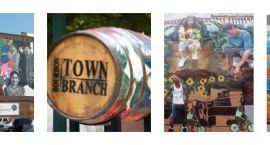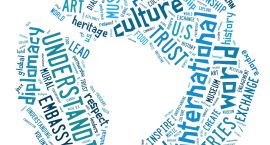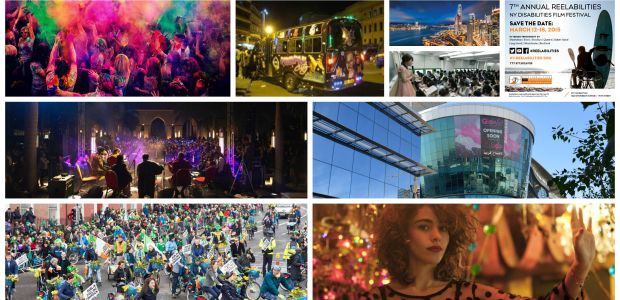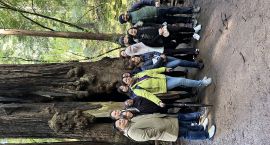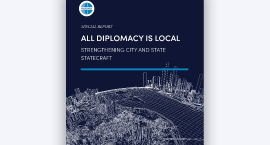The Meridian Center for Cultural Diplomacy’s Soft Power: The Monthly Roundup series features unique cultural diplomacy initiatives from around the world each month. We’re excited to share with you these nine cultural diplomacy efforts from March:
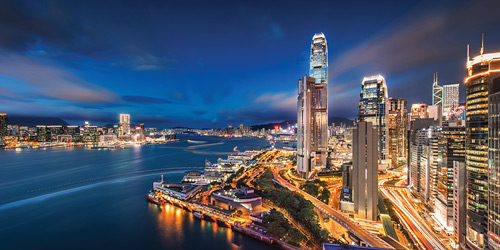
Hong Kong and Austria – A New Cultural Partnership
Hong Kong has always been an international and welcoming city. As the years pass, it is getting closer to its vision of being named “Asia’s world city,” where “every moment is a different world.” This past month, Hong Kong partnered with Austria through a memorandum of understanding to enrich the city’s cultural landscape by developing new cultural exchange programs, such as artist residencies and exploring all artistic disciplines. The city intends to work with arts centers, academic institutions, and other agencies in Austria and Hong Kong to make this a sustained relationship. West Kowloon Cultural District hopes to follow the model of MuseumsQuartier Wien in Vienna, where access to public space is a precondition for creativity and innovation.
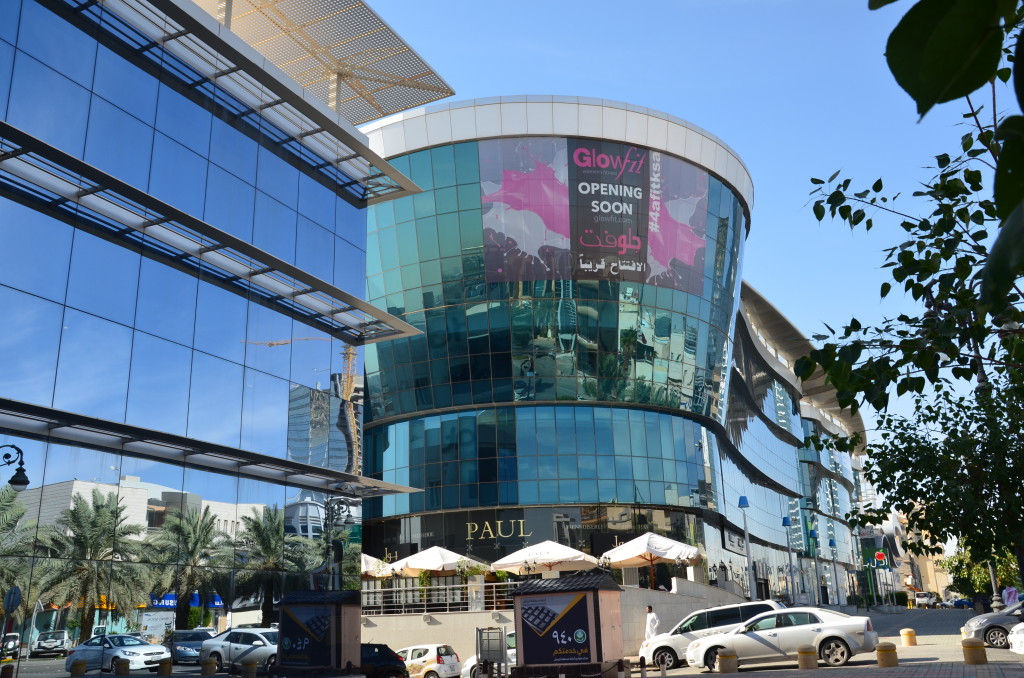
Saudi Arabia’s New Landscape: Gyms and PE Classes
Obesity and risk of diabetes has been increasing in Saudi Arabia, especially in women and children. To help combat this, the government recently announced a new education policy that makes sports and exercise mandatory for Saudi girls in school for the first time ever. Girls aren’t alone in this – the number of women in Saudi Arabia enrolling in gyms is also growing. Nejda Nejm, founder of Glowfit, says it’s heartening to see the rise of membership and recognition that exercise is necessary for health. Saudi women have especially taken to basketball – Jiddah United is a women-only basketball team that also runs classes for young girls with the help of U.S.-trained coaches.

What do the Rolling Stones and taxis have in common?
Matatus, minibuses or shared taxis, are a popular form of public transport in Kenya. The government recently lifted a 10-year-long ban on graffiti, or matatu art, on these vehicles after illegally decorated matatus proved to be more profitable. Matatus are well known for their colorful artwork, blaring music, and strobe lights, which give them the feeling of a moving discothèque and attract more riders. These elements also act as a great marketing tool – riders are willing to pay double the fare. Matatu owners are now clamoring to have artists such as “Great,” or Roy Mungai, to spruce up their matatus. Mungai’s prolific matatu portfolio includes portraits of musical greats such as the Rolling Stones, Jimi Hendrix, Elvis, Johnny Cash, and The Beatles, along with local political figures.

ReelAbilities: A unique film festival
The ReelAbilities Film Festival, founded by Anita Altman and co-directed by Isaac Zablocki and Ravit Turjeman, is celebrating its seventh year in over 15 cities around the United States. Zablocki, who is also the Senior Director of Film at the JCC Manhattan, had been receiving movies made by and for people with disabilities. He decided that there was a need for a separate platform to showcase these international films from Australia, Austria, Belgium, France, Germany, Italy, Kenya, Netherlands, Portugal, Switzerland, the United Kingdom, and the United States. What makes the ReelAbilities Film Festival unique is that it’s not only popular among people with disabilities for its real portrayals of people living with disabilities, but also with movie buffs who appreciate good cinema. To organize a festival like this, accessibility is a priority at every venue. This year, twenty-five films were selected from 300 submissions to be shown at various venues in New York City between March 12th and March 18th.
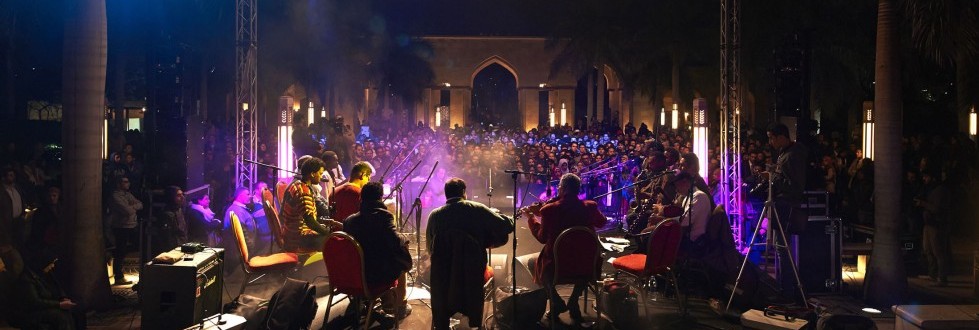
Bringing the world to children in Cairo, Egypt and taking Egypt to the World
The Nile Project is an organization from Egypt that works with artists using music, education programs, and leadership and innovations programs from 11 Nile countries to overcome cultural and environmental challenges that are at the core of the conflict in this area. The Nile Project is currently touring the United States. In March, Nile Project groups performed at multiples venues in Illinois, Iowa, Massachusetts, New York, Ohio, and Vermont, and will continue their tour until early May 2015. Also in Cairo, AFCA for Arts and Culture, which works with children and emphasizes education through the arts, presented the 5th Annual Hakawy International Arts Festival in the Egyptian capital from March 9th to March 17th. During this year’s festival, children were able to watch international and local performances, with Dance and Corporeal Expression as the themes. The lineup included groups from France, Italy, Netherlands, the United Kingdom, and the United States, as well as local Egyptian performers.
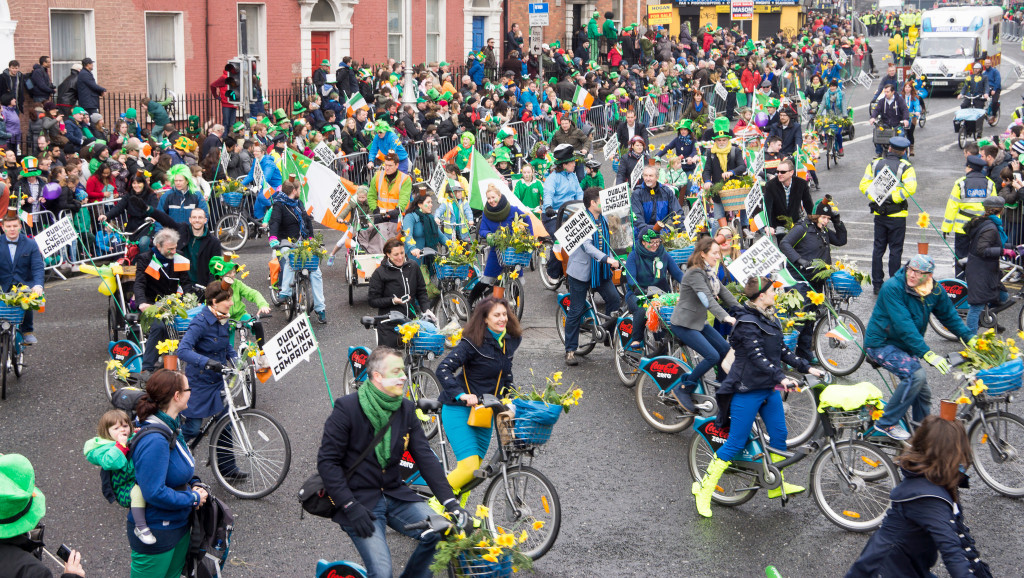
Ireland imports an American celebration
St. Patrick’s Day is undeniably associated with Ireland. March 17th marks the anniversary of his death, which was traditionally celebrated in Ireland by going to church. Irish immigrants in America started celebrating St. Patrick’s Day as a way to remember home and take pride in their heritage. Until the 1970s, the celebration was limited to cities with large Irish American populations, such as Boston and New York, but in the past few decades, others have joined in with parades, and cities now dye rivers, bagels, and beer green to commemorate the event. Ireland was inspired by America to include parades and secular festivities, and now celebrates the holiday the American way.

South Koreans go back to language school to better serve customers
The most recent World Bank reports show that Chinese travelers spent $100 billion overseas in 2012, and this amount is growing every year. According to the Chinese National Tourism Administration, in 2014, Chinese residents visited South Korea more than any other foreign country. South Korea has taken note, and businesses and vendors throughout the country want a piece of the pie. Korean business owners are paying for their sales and service personnel to go hagwons, or private cram schools to learn Chinese. They want their businesses to be better prepared to serve Chinese customers understand how to serve them and sustain their interests. In this case, commerce is driving cultural exchanges.
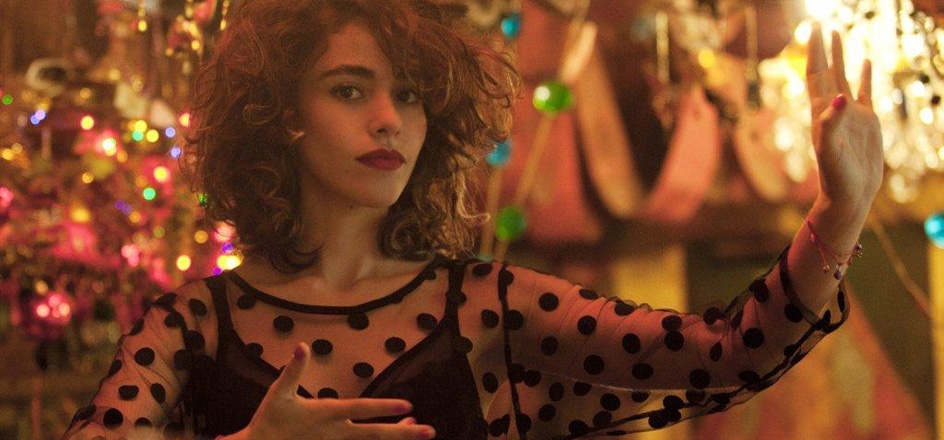
Monika Grütters reflects on 50 years of German and Israeli relations
Monika Grütters, Germany’s Cultural Minister, spoke with Deutsche Welle earlier this month about how she believes that cultural exchange is the answer to help build a bridge between Germany and Israel. To commemorate the 50-year-relationship between the two countries, programs in multiple artistic disciplines have been planned, including a German-Hebrew translation literary prize. For the first time ever, starting 26th of March until 21st of June 2015, Germany will be celebrating Israeli art, music, dance and literature. Berlin, Munich and will be celebrating in a big way along with the support of the Israeli Consulate General. In Berlin, collections from Tel Aviv’s Museum of Modern Art are coming to Martin-Gropius-Bau, and 50 masterpieces from the German National Gallery will be exhibited in Jerusalem. The festival in Munich is called Mazel Tov, and features renowned contemporary dance companies, musical ensembles and bands, among other artistes. Grütters believes that the young Israelis living in Germany and vice versa are crucial in helping the two countries grow their friendship and better understand one another’s culture.
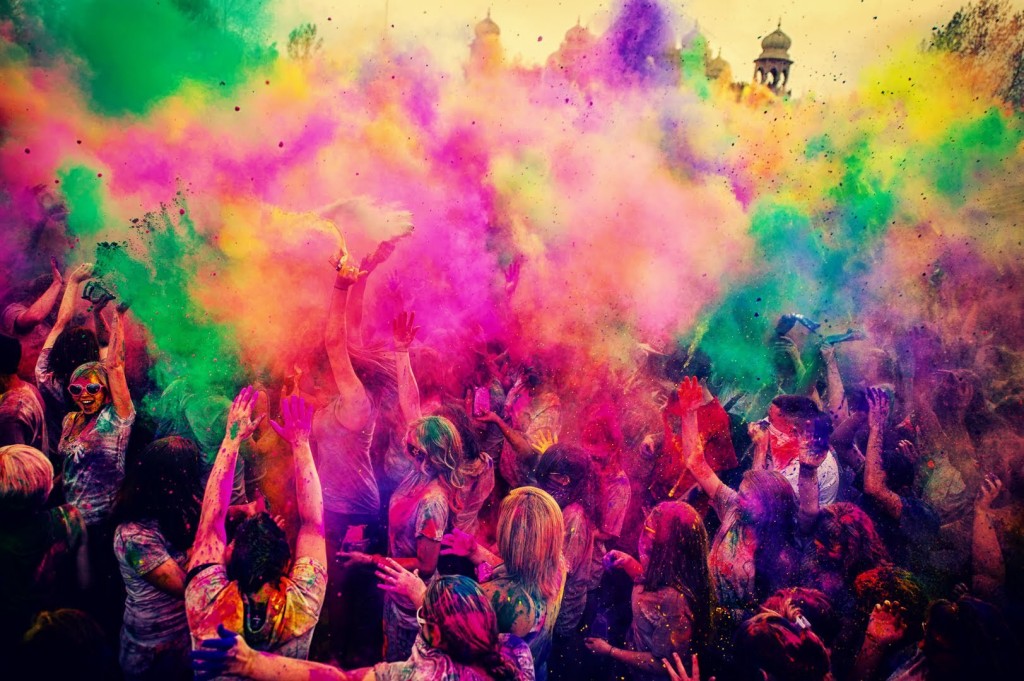
Holi Spirit promotes equality and inclusiveness
Holi is a spring festival celebrated all over India with much vibrancy and color. The theme of the festival is for participants to “play,” or apply different colors on each other. It is a time of spring cleaning after a long winter and also represents the triumph of good over evil through burning an effigy of holika, a demon in Hindu Vedic scriptures. The festival is a great equalizer and people from all levels of society and walks of life come out and play. It has also inspired many “Color 5Ks” around the world. Additionally, Indians living on various continents have shared this fun festival with their local communities. This March, Holi was celebrated in Argentina, Australia, Brazil, Canada, Costa Rica, Fiji, France, Germany, Japan, Kenya, New Zealand, Pakistan, Philippines, South Africa, the United Arab Emirates, the United Kingdom, and the United States.










